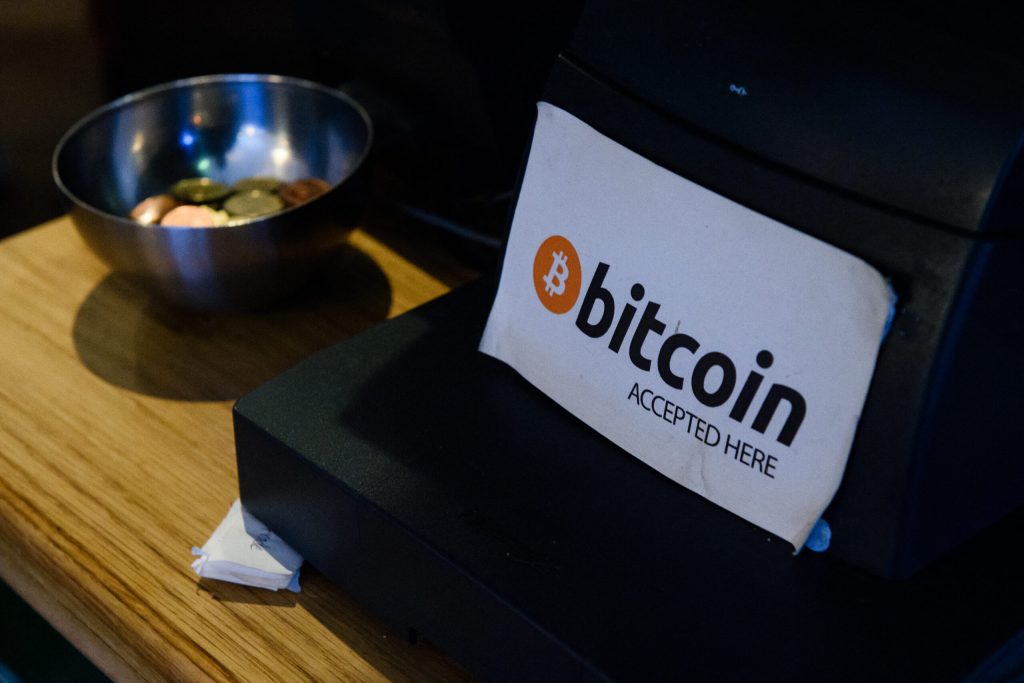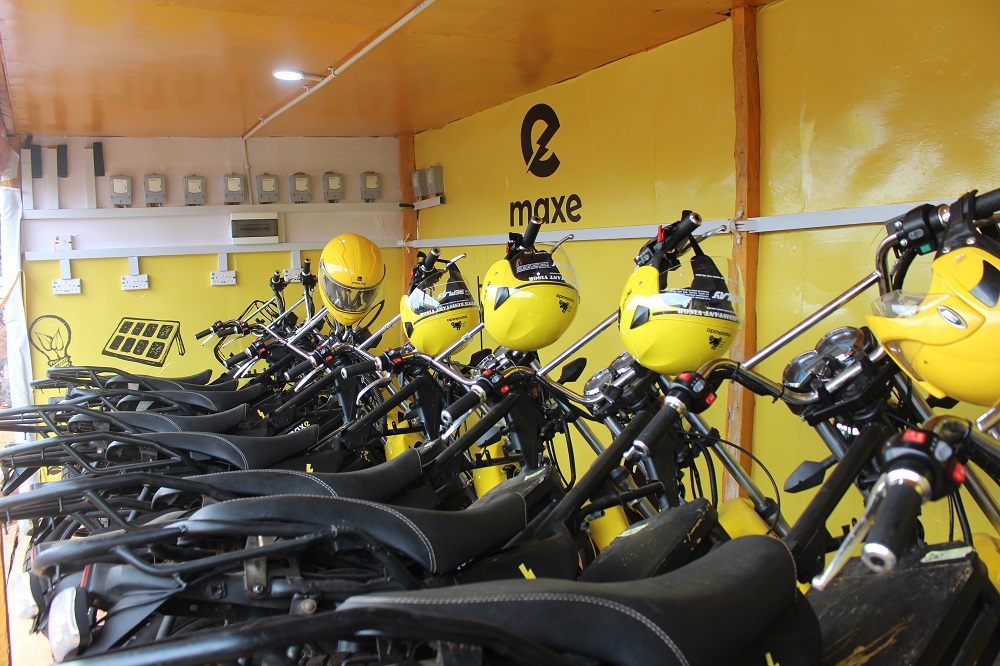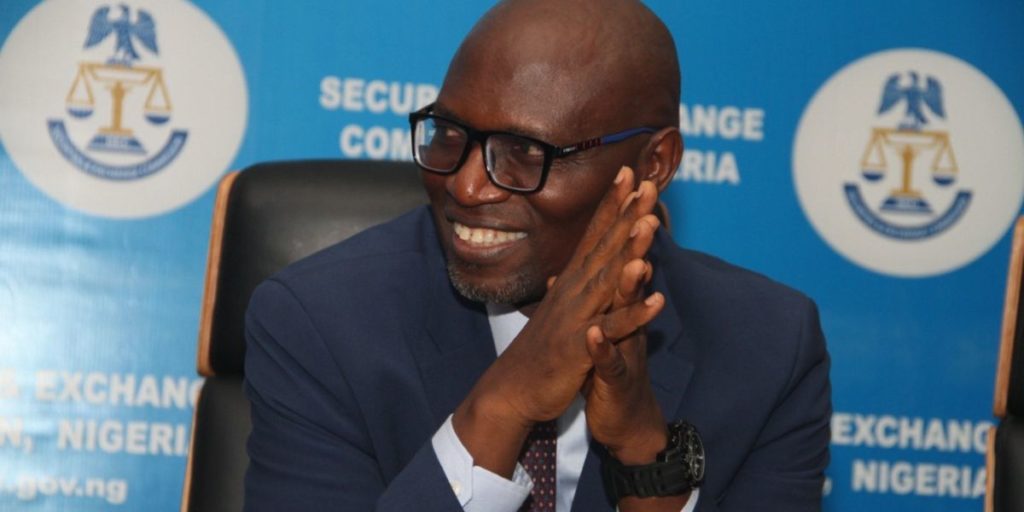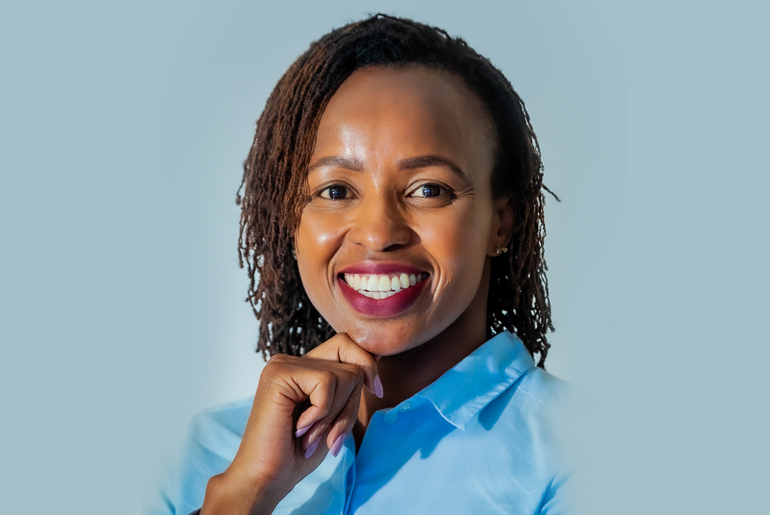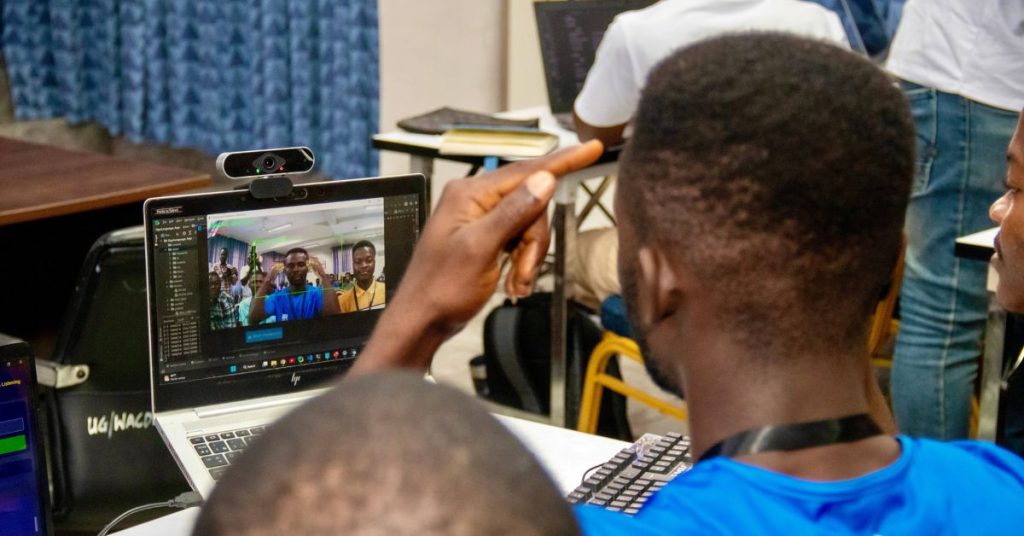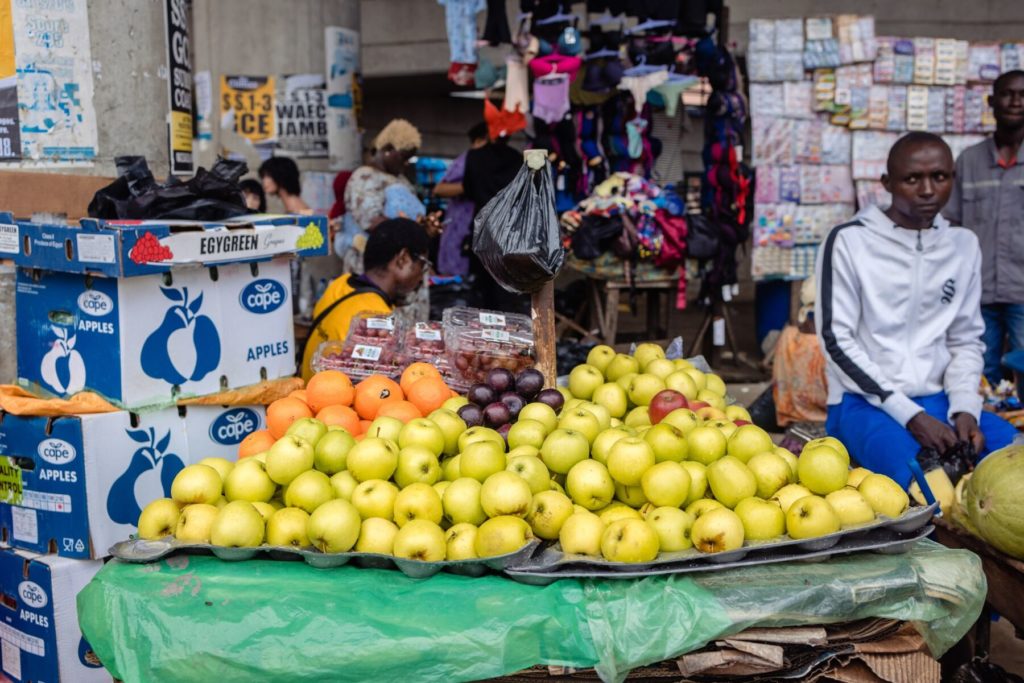By Adegoke Abraham
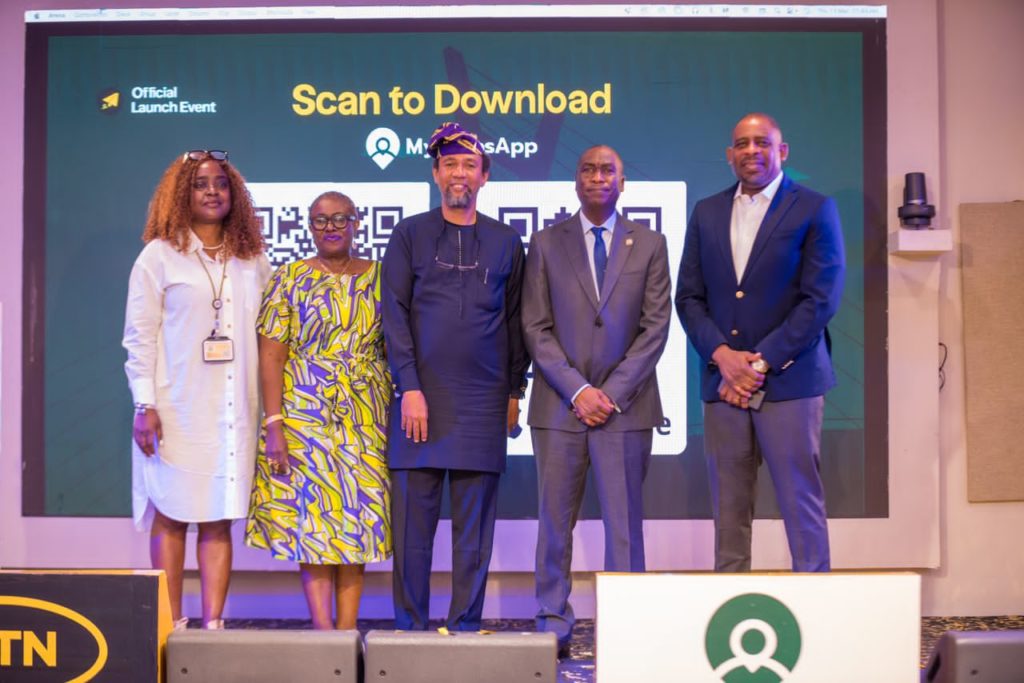
For years, some of the world’s most dynamic cities—Dubai, New York, London, Barcelona, even Doha, and Riyadh—have leveraged digital transformation through all-in-one smart city apps, revolutionizing how residents and visitors interact with essential services. Now, Lagos is taking a bold step in the same direction.
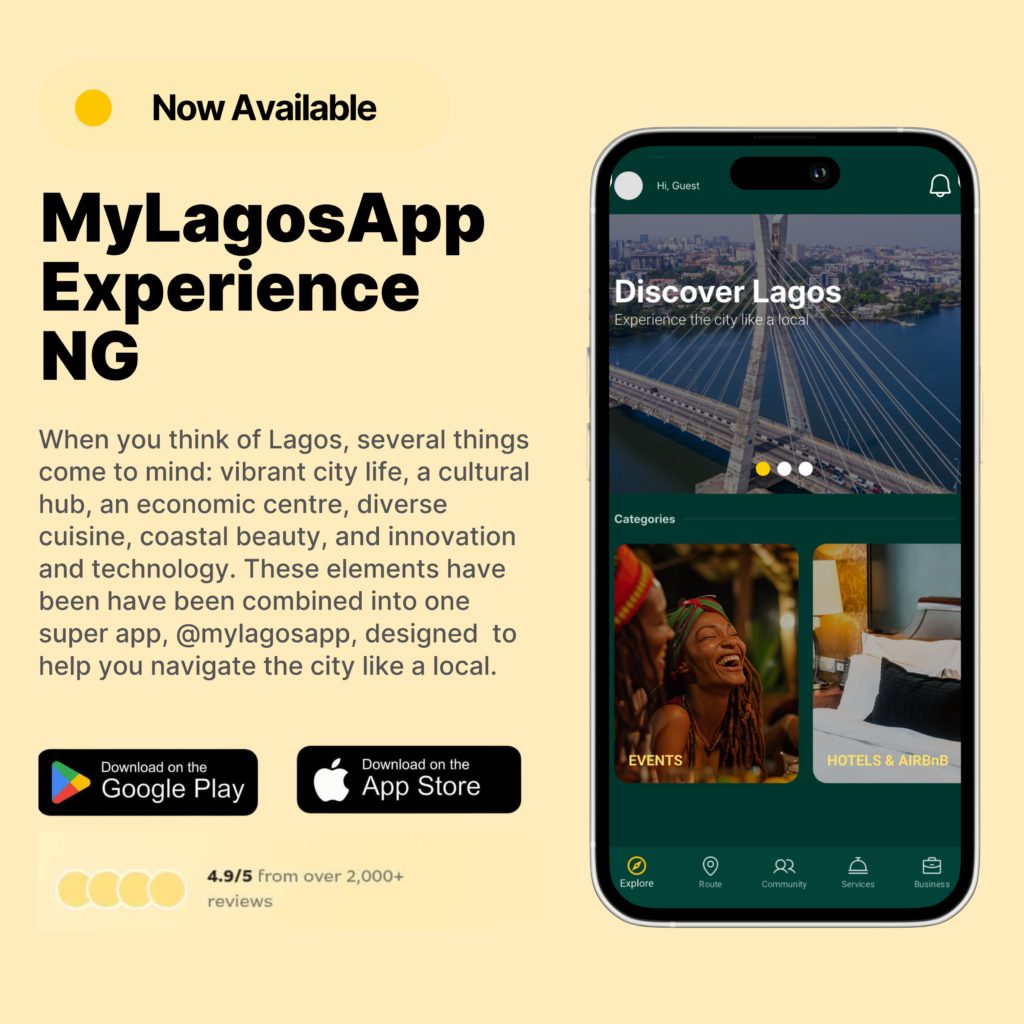
On March 13, 2025, industry leaders and key decision-makers from entertainment, hospitality, mobility, business, tech, and government gathered to witness what could be a defining moment in Lagos’ journey to becoming one of Africa’s smartest cities—the launch of MyLagosApp.
Designed as a seamless digital gateway, MyLagosApp offers real-time transport updates, access to government services, emergency assistance, and a range of other essential features to enhance urban convenience. Now available for download on the MTN website, as well as on the iOS and Google Play Stores in Nigeria and across the globe, the app aims to make it easier than ever for Lagosians to navigate their city, access public resources, and stay informed—all from the palm of their hands.
“This significant occasion marks a milestone in the collective journey to transform Lagos into a living smart city in Africa,” said the Lagos State Deputy Governor, Dr Obafemi Hamzat, who represented Governor Babajide Sanwo-Olu at the event. “What we manage in Lagos is bigger than most countries in Africa. MyLagosApp is crucial for helping us manage the various activities that get thrown at us because we are a hyper city.”
The app’s launch comes at a pivotal moment. Just a day earlier, it was revealed that Lagos’ Gross Domestic Product (GDP) had reached an impressive $259 billion based on purchasing power parity (PPP), making it the second-largest economy in Africa after Cairo. While this economic growth solidifies Lagos as a hub of commerce, culture, and innovation, it also presents the challenge of efficiently managing a megacity of over 20 million people.
“By strategically harnessing technology, we are not only enhancing governance and improving service delivery, but we are also simplifying and enriching the lives of every resident in this very vibrant state,” Dr Hamzat added.
Karl Toriola, CEO of MTN Nigeria, underscored the app’s role in driving productivity and economic efficiency. Describing the app as a one-stop platform for information, services, entertainment, hospitality, and e-governance, he stated, “The future is now, and we are capturing the future of e-governance, entertainment, and governance in Lagos with this launch.”
Beyond convenience, the app represents a significant step toward empowering residents. Lagos State Commissioner for Transportation, Hon. Oluwaseun Osiyemi, emphasized its broader impact: “It’s about empowering Lagosians with the tools to navigate our beloved city efficiently and safely so they can take control of their experience. MyLagosApp reflects our commitment to building a smarter, more connected Lagos.”
Echoing this sentiment, MTN Nigeria’s Chief Information Officer Shoyinka Shodunke highlighted the project’s collaborative vision: “MyLagosApp embodies MTN’s commitment to leveraging technology for social good, aligning with Lagos State’s vision of a brilliant city. This initiative will transform urban living in Lagos and offer a glimpse into the future of connected cities in Africa and beyond.”
All of Lagos in Your Pocket
MyLagosApp is designed to offer a seamless digital experience for navigating Nigeria’s commercial hub. With real-time transportation updates, users can easily find the best routes, avoid traffic congestion, and access public transport schedules—all in one place.
For those looking to discover the best of Lagos, the app’s local business directory provides a curated list of restaurants, shops, and essential services, making it easier to support and enjoy the city’s vibrant economy. Additionally, event enthusiasts can stay in the loop with comprehensive event listings highlighting cultural, social, and entertainment happenings across the city.
Safety and convenience are also at the heart of the MyLagosApp. In emergencies, users can quickly connect with the necessary emergency services, ensuring that help is always within reach. To enhance the experience further, personalized notifications keep users updated on relevant news, events, and services based on their preferences and location.
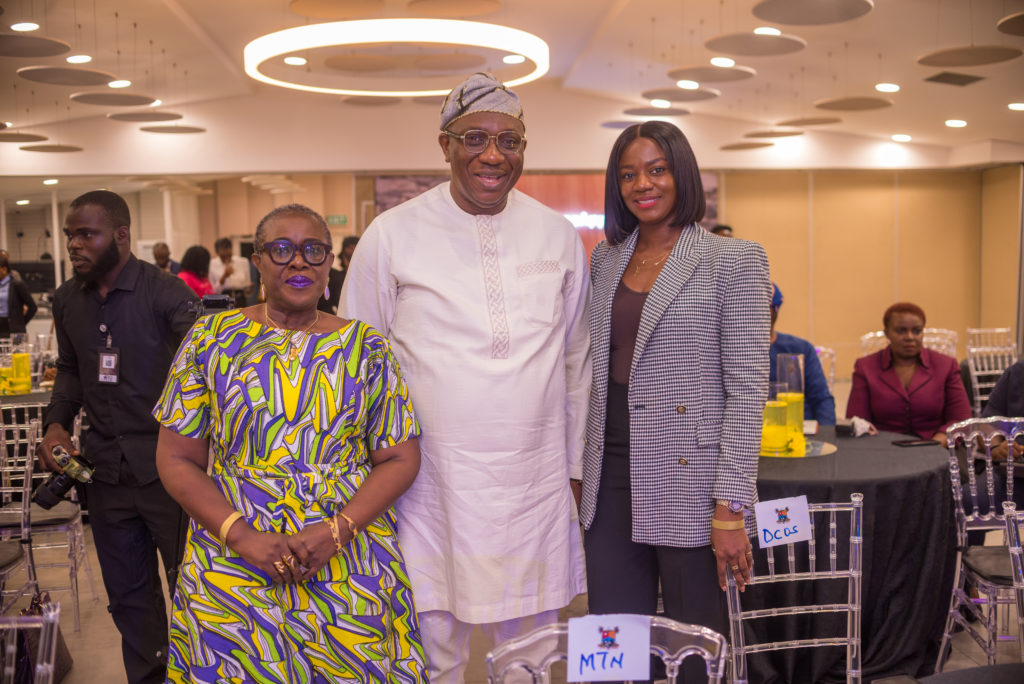
The Lagos Smart City Vision: A Bold Step Toward the Future
In 2016, the Lagos State Government, under the leadership of Governor Akinwunmi Ambode, forged a groundbreaking partnership with the City of Dubai to position Lagos as Africa’s first smart city. Since then, successive administrations have built on this vision, implementing e-governance services, establishing a dedicated data management agency to oversee critical sectors like health, education, and transportation, and significantly improving waste management and public transit systems.
The unveiling of MyLagosApp is a significant landmark on this transformative journey. With Lagos boasting a thriving tech ecosystem, expanding digital infrastructure, and a literacy rate of approximately 96%, introducing a city-wide digital platform is not just timely but long overdue to bring Lagos closer to its smart city ambition.
Not Yet Uhuru
The app may have been launched, but the journey toward a fully digitized and seamlessly connected Lagos is far from complete. As Deputy Governor Obafemi Hamzat rightly noted during the unveiling, “Let us remember that innovation, of course, is a continuous journey rather than a final destination. So, while today’s launch is very important and a fantastic step forward, there’s much more that we can do.”
True to these words, the app’s success will depend not just on its launch but on continuous improvements, user adoption, and sustained government and private sector commitment. Enhancing its functionalities, expanding its integration with more public services, and addressing potential user feedback will be crucial in ensuring that the app delivers on its promise of making the city more accessible and efficient.
Moreover, as Lagos continues its push toward becoming Africa’s first actual smart city, the app’s development serves as a reminder that digital transformation is a long-term process—one that requires ongoing investment, innovation, and adaptability to meet the needs of a rapidly growing metropolis.
In this evolving landscape of digital governance, MyLagosApp is more than just a convenience—it’s a blueprint for the future. But how well will it serve the people it’s designed for? That remains to be seen.
ABOUT THE WRITER
Abraham Adegoke is a trained journalist with a BSc and MSc in Media and Communications. As an adjunct lecturer with a demonstrated history of working in the education management industry, Abraham enjoys writing about topical issues related to leadership, technology, and communications.





